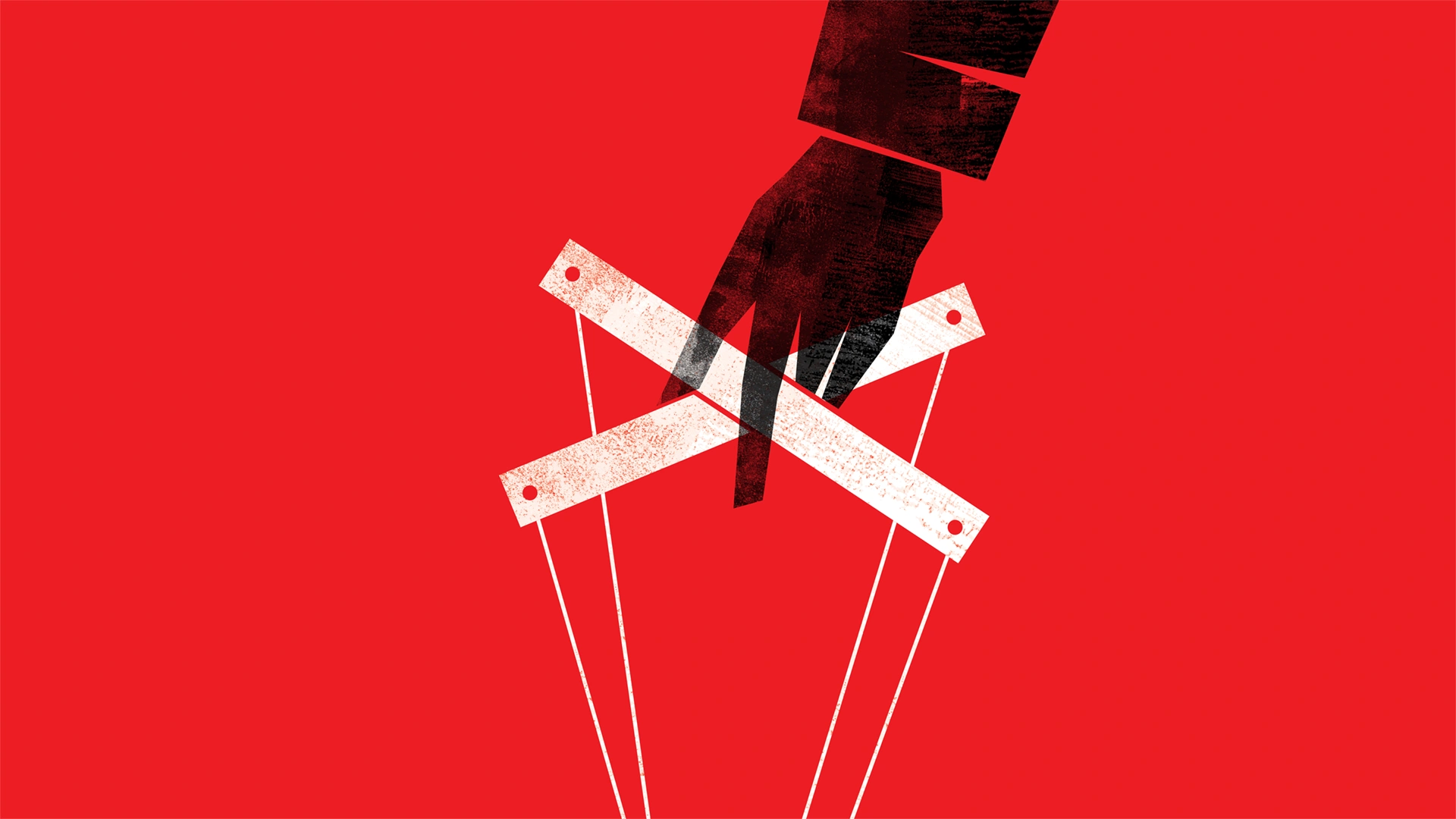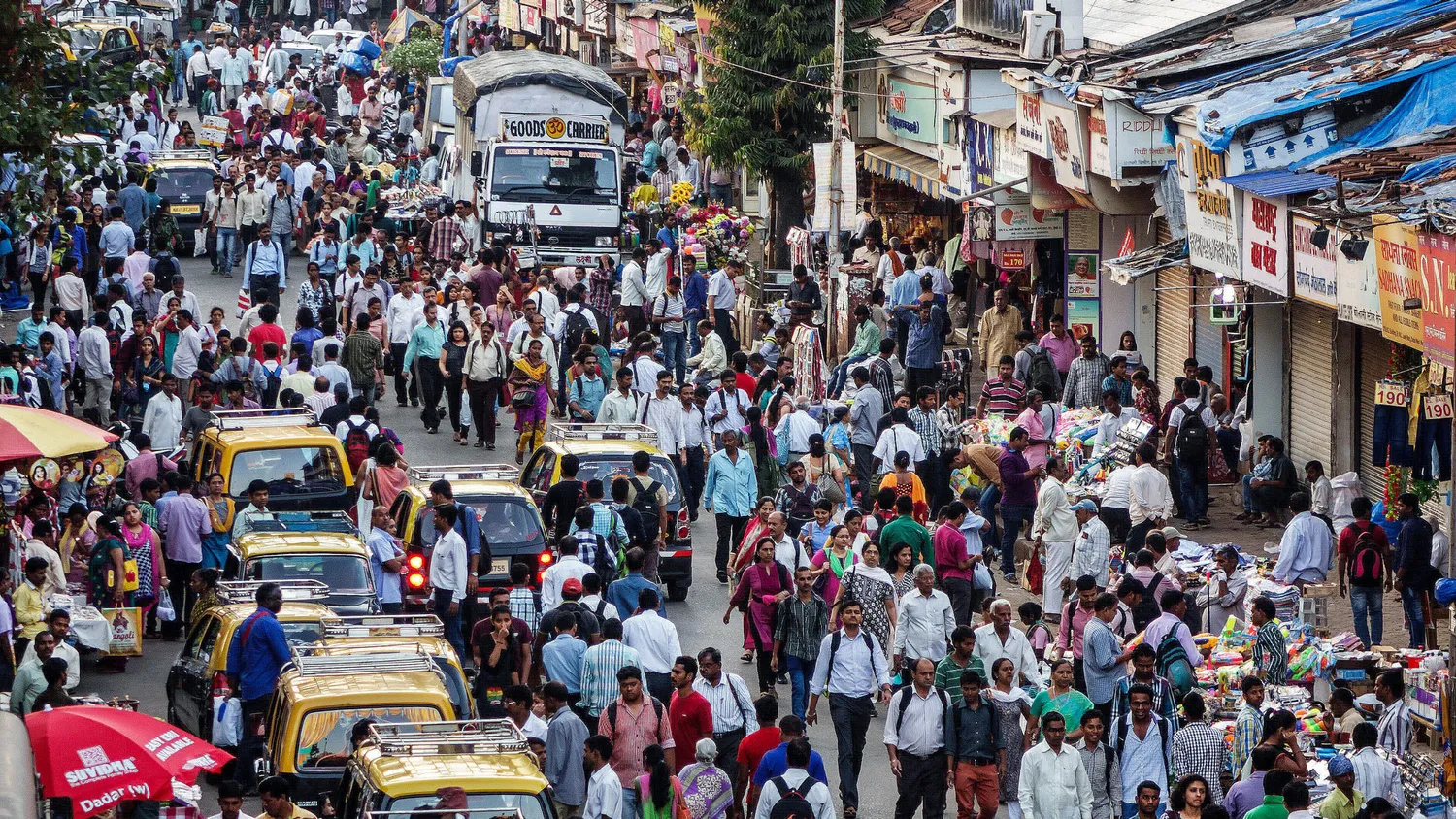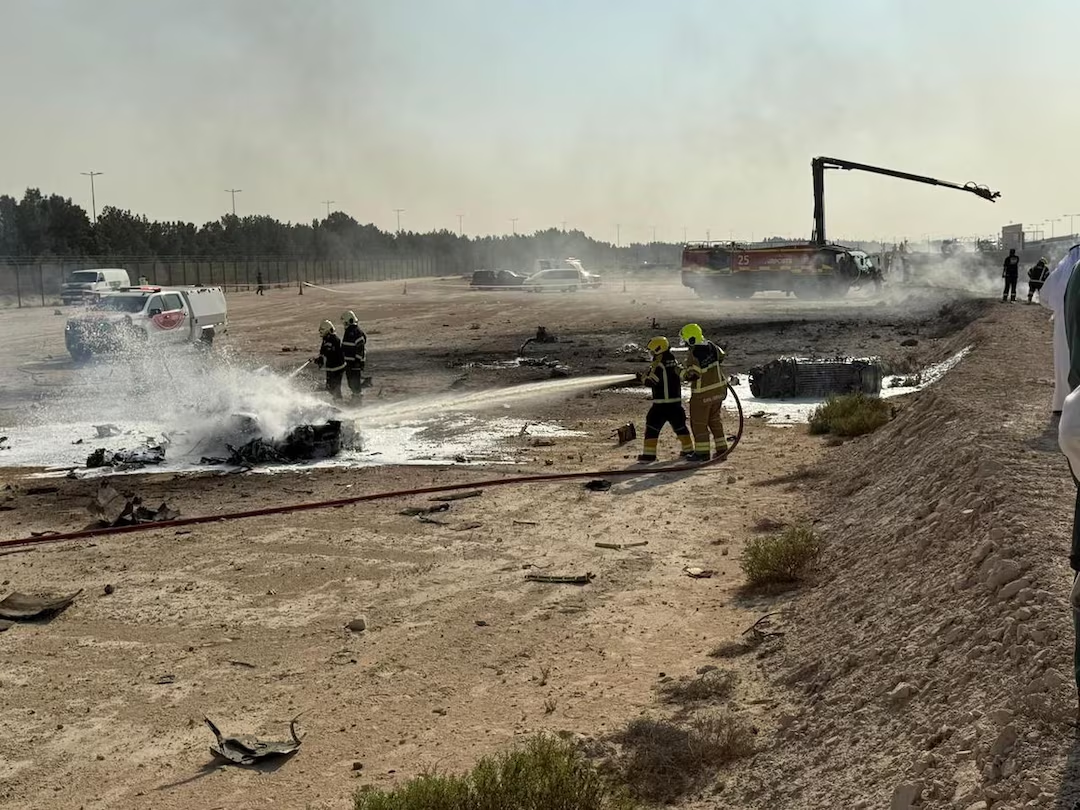Israel carried out an air strike on Beirut’s southern suburbs on Sunday, after ordering an evacuation of a building that it said was being used by the Iranian-backed group Hezbollah.
The attack occurred despite a ceasefire that came into force five months ago which put an end to the conflict between Israel and the military group.
Israel said that it had targeted a Hezbollah store of “precision-guided missiles” that “poses a threat to the State of Israel and its civilians”.
The Lebanese presidency condemned the strike and called on the US and France – who brokered the ceasefire in November – to press Israel to cease its attacks on the country.
The attack marks the first time in almost a month that Israel has struck Beirut’s southern suburbs – called Dahieh – where Hezbollah is based.
This will put further pressure on the ceasefire. Despite the deal, Israel has struck targets it says are linked to Hezbollah almost every day. The Israeli government has said that it will respond to any perceived threats from Hezbollah.
Western officials, speaking on condition of anonymity, have told the BBC that the militant group has been largely compliant with the truce, while accusing Israel of multiple violations that include air strikes and drone surveillance.
Live footage streamed by Reuters showed a giant plume of smoke billowing from the targeted building an hour after the Israeli army issued an evacuation order to residents of the Hadath neighbourhood.
Lebanon’s Civil Defence later said that no casualties had been recorded and rescue crews had extinguished the fire.
Also See: Israel Bombs Gaza’s Last Functioning Hospital, Sparking Outrage
In a statement on X following the strike, the Lebanese Presidency said that President Joseph Aoun condemned the attack.
“The United States and France, as guarantors of the cessation of hostilities agreement, must assume their responsibilities and compel Israel to immediately cease its attacks,” it wrote.
“Israel’s continued undermining of stability will exacerbate tensions and expose the region to real threats to its security and stability.”
Israel’s government said that it had targeted a Hezbollah store of “precision-guided missiles”.
“The storage of missiles in this infrastructure site constitutes a blatant violation of the understandings between Israel and Lebanon, and poses a threat to the State of Israel and its civilians,” the Israeli military said in a statement.
Prime Minister Benjamin Netanyahu’s office said that Israel “will not allow Hezbollah to grow stronger”.
“The Dahiyeh neighbourhood in Beirut will not serve as a safe haven for the terrorist organisation Hezbollah,” it added.
UN Special Coordinator for Lebanon, Jeanine Hennis-Plasschaert, wrote on X that the strike “generated panic and fear of renewed violence among those desperate for a return to normalcy”.
“We urge all sides to halt any actions that could further undermine the cessation of hostilities understanding,” she added.
Earlier this month an Israeli airstrike in Beirut’s southern suburbs killed four people, including a Hezbollah official.
This news is sourced from BBC and is intended for informational purposes only.

![Israel strikes Hezbollah target in Beirut's southern suburbs, escalating tensions despite ceasefire agreement. [Image via Reuters]](https://southasiatimes.org/wp-content/uploads/2025/04/fe68f0a0-2388-11f0-a238-ed2e3c4a18d3.jpg.webp)




